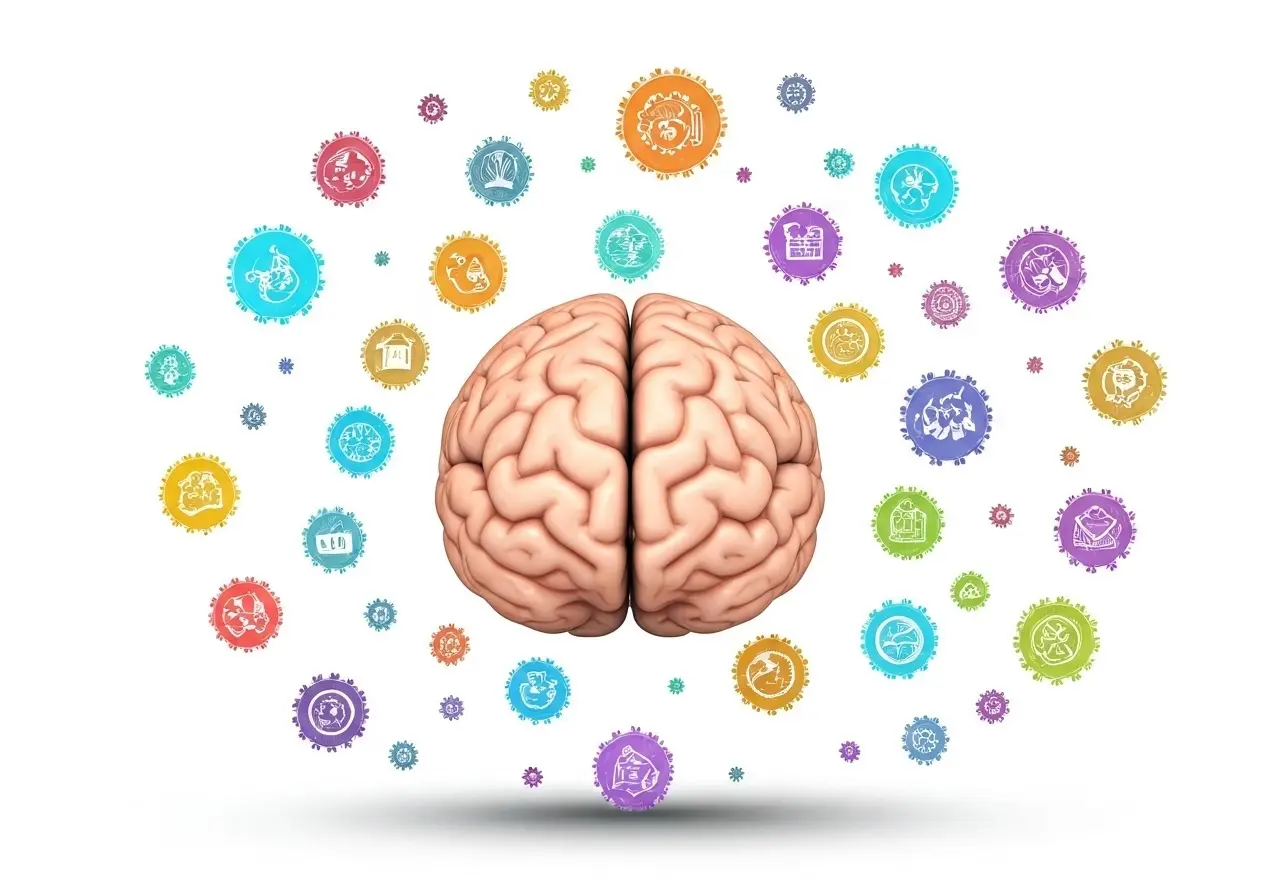We may earn money or products from the companies mentioned in this post.
In our fast-paced world, the intersection of marketing and mental health isn’t often discussed. However, marketing insights can be powerful tools in enhancing our mental well-being. In this blog, we’ll explore how understanding marketing techniques and consumer behavior can positively influence our emotional health.
Understanding the Basics of Marketing Insights
Marketing insights are derived from data analysis and focus on understanding consumer behavior and preferences. These insights shape marketing strategies, which can also impact mental wellness when used thoughtfully.
In essence, marketing insights are about learning what truly resonates with consumers. This involves not just surface-level observations but a deep dive into what motivates, concerns, and inspires them. It’s about getting to the heart of the consumer psyche, which can help in aligning marketing strategies with mental health improvements. By genuinely connecting with people, marketing practices can not only sell a product but also promote a healthier mental state by addressing personal needs and values.
Moreover, marketing insights can highlight trends and shifts in consumer behavior, often driven by changes in societal norms or economic pressures. This information is crucial in crafting messages that are timed perfectly to resonate with audiences and support their psychological well-being during different phases of their lives.
The Role of Emotional Connection in Marketing
Creating emotional connections is a cornerstone of effective marketing. By tapping into genuine emotions, campaigns can promote a sense of community and belonging among consumers, positively influencing mental health.
Consider a campaign that highlights stories of resilience and triumph over adversity. Such narratives not only engage the audience but can also uplift their spirits, reinforcing positive emotions and fostering a supportive community. It’s this emotional engagement that can make consumers feel seen and valued, contributing to better mental health outcomes.
The ability of marketing to evoke emotions plays a vital role in customer satisfaction. When individuals feel emotionally connected to a brand, it boosts their sense of identity and belonging, which can, in turn, enhance their overall emotional well-being. Therefore, strategic marketing isn’t just about selling products; it’s about building relationships that support and nurture mental health.
Using Data to Foster Empathy and Understanding
Analyzing consumer data helps marketers understand pain points and emotional triggers. This understanding can lead to empathetic marketing strategies that acknowledge consumer needs, which can aid in reducing anxiety and stress.
Empathy in marketing goes hand in hand with data analysis. By identifying patterns in consumer behavior, marketers can create personalized experiences that make consumers feel understood and cared for. This level of empathy not only enhances brand loyalty but also promotes feelings of wellness and reduces stress. By recognizing what consumers need and value, brands can communicate more effectively and foster a deeper connection.
To nurture such connections, brands often employ techniques like sentiment analysis, which involves using data to gauge the emotional reactions of consumers toward various brand messages. Such insights can guide the development of campaigns that resonate more deeply with audiences, ensuring that they not only address consumer needs but also contribute positively to their mental well-being.
Promoting Positive Messaging Through Campaigns
Crafting campaigns with positive, uplifting messages can have a strong impact on consumers’ mental states. When marketing materials emphasize hope and well-being, they can inspire similar feelings in the audience.
Positive messaging in campaigns isn’t just about making people feel good momentarily; it’s about creating lasting impressions that promote a more optimistic outlook. For instance, campaigns that focus on community achievements and individual success stories can instill a sense of hope and resilience.
It’s important for brands to maintain authenticity in their messaging. Consumers are more likely to trust and engage with a brand that portrays genuine care for its audience. Authentic positive messaging can reinforce self-worth and convey a strong message of solidarity, which is empowering and beneficial to mental health.
Harnessing Marketing Insights for Positive Mental Health
Marketing insights are more than just business tools; they can be strategic in boosting mental well-being. By adopting a data-driven approach and being mindful of emotional needs, marketing professionals can craft campaigns that resonate positively and support mental health.






